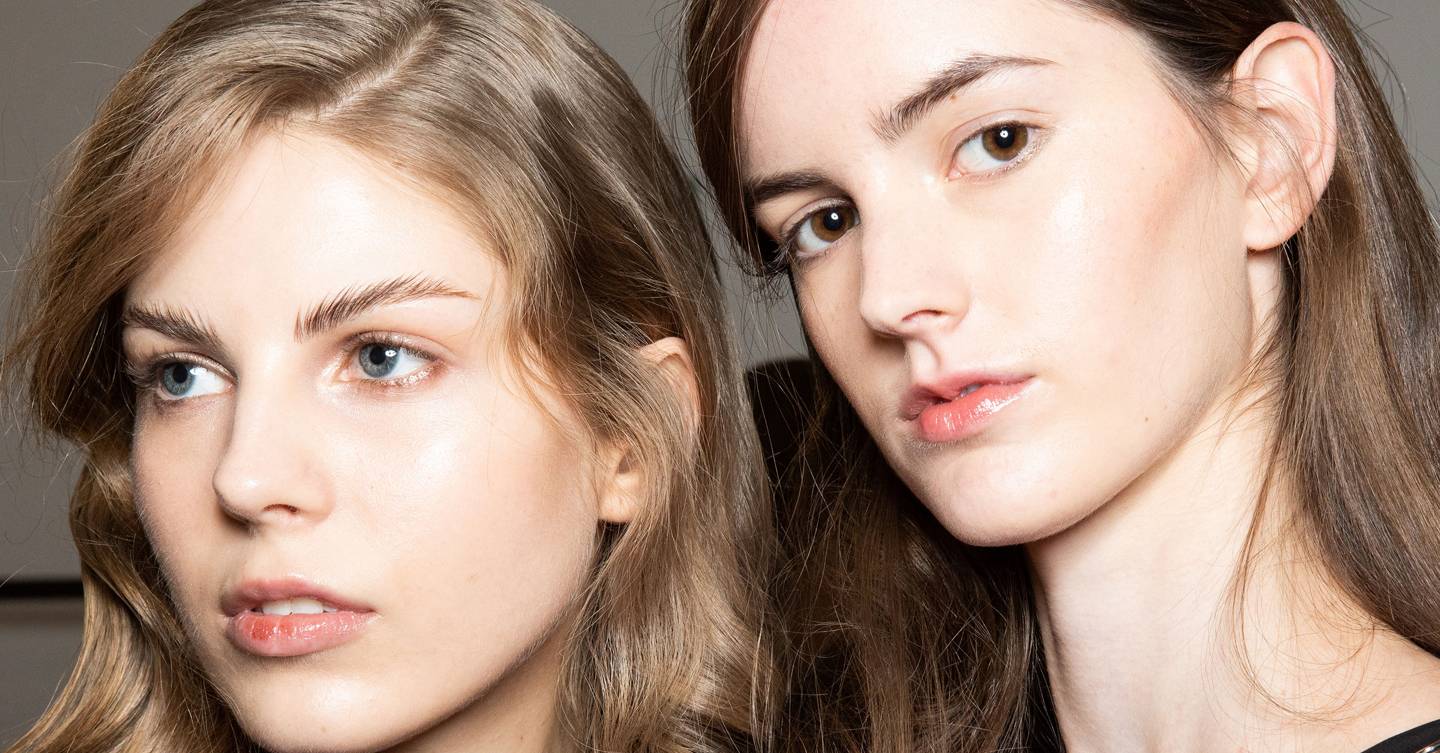Hormones and their potential deficiencies and imbalances affect almost every aspect of our bodies and wellbeing, from sleep to mood to sex drive. Although the word ‘hormones’ probably conjures images of teenage skin and acne, they actually have a very real effect on our hair – and we’re not talking just the health of our hair, but actually its colour, too.
“All hair is different and hormones affect everyone differently, but they can certainly impact the colour of both dyed and natural hair,” says Siobhan Jones, Creative Director at Blush and Blow London. “Specifically, oestrogen, progesterone and cortisol can all play a part in the changes to hair colour – but oestrogen is the main factor in determining the higher content of melanins called eumelanin and pheomelanin in female hair.
“The production of more eumelanin can make your hair darker, which could make your hair harder to lift or more resistant. Less eumelanin will make it lighter and easier to lift. The production of pheomelanin will increase the red shades in your hair, giving warmer tones. Without these melanins, hair can go grey.”
Essentially, these hormones mean your hair can go darker, lighter, or warmer. They can affect how your reacts when you colour it, but can also change natural, undyed hair.
And yes, this means that being on your period could also impact the shade of your hair, but probably only if you’re dying it. “The hormones related to menstruation are oestrogen and progesterone, and low amounts of either of these can affect hair growth and hair can become weaker and thinner,” explains Siobhan. “The density of hair can play a big part on how easy it is to lift and or react to hair colour. The weaker or more sensitised your hair is, the more likely that your colour will fade.”
Siobhan explains that the less dense the strand, the more responsive it could be to colouring. This means it could go much darker and become more porous due to sensitivity – but this can also make it fade quicker. So, just because your hair goes darker, doesn’t mean it will stay.
Similarly, pregnancy can impact the colour of our hair as hormonal changes can affect quality and density. “Some find their hair becomes thicker and fuller – which in turn can make it stronger and more resistant to colour, and not take the dye as well,” says Siobhan. But she also points out that your hair in pregnancy is often in great condition – fuller, shinier and full of bounce – which doesn’t mean it won’t take colour, but some tweaks may need to be made.
Testosterone also plays a part in how strong or weak our hair is, and therefore how it will react to colour. “Testosterone can inactivate hair follicles, changing the density of your hair strand,” explains Siobhan. The most common causes of high testosterone in women are hirsutism (a hormonal condition that causes unwanted hair growth, particularly on the back, face and chest), polycystic ovary syndrome, and congenital adrenal hyperplasia (a genetic condition affecting the adrenal glands).
Lastly, the stress hormone cortisol can also impact our hair colour. “Although going grey can often be down to genes and the natural ageing process, stress can play its part,” says Siobhan. “Losing pigment in the hair is one of the most obvious signs of hair colour change whilst stressed.”
It’s important to note though that any hormonal changes to your hair colour, particularly in young women, are often minor and nothing to be concerned about. If in doubt, ask your colour specialist for a strand test before your appointment.

